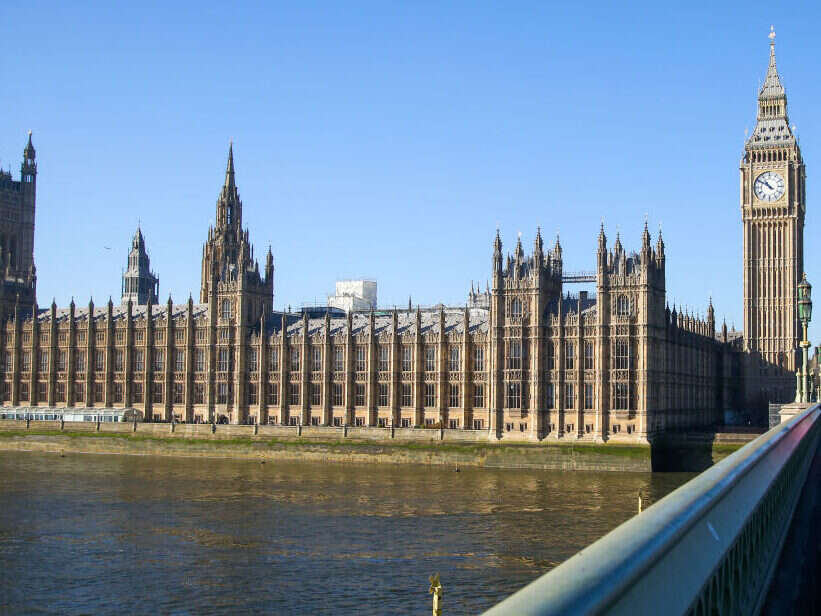
A media freedom expert has warned the prevalence of SLAPP lawsuits against journalists could be leading “lots of people to exit the profession”.
Will Church, media freedom director for the Thomson Reuters Foundation, told Press Gazette that people may be put off journalism because “who wants to be a journalist when you’re harassed online, delegitimised by politicians, by business people, salaries are low, stress is high, workloads are high? Is it a calling or is it a job?”
SLAPPs are strategic lawsuits against public participation. They are the process by which the rich and powerful seek to silence journalists by hitting them with expensive, yet unfounded, litigation.
The Thomson Reuters Foundation (TRF) report Weaponizing the Law: Attacks on Media Freedom reveals that SLAPPs have risen substantially since 2015.
In the UK, the government has provided the first form of anti-SLAPP legislation in the Economic Crime and Corporate Transparency Bill. The bill aims to give judges the power to dismiss SLAPPs at an earlier stage.
Church said the bill was a limited step forward: “It’s a great first step, but it doesn’t include measures to cut costs on legal bills or funding compensation.” And he questioned whether meaningful action to stop SLAPPs will be enacted before the next UK general election, due by 25 January 2025.
“She was ordered to pay over a million in legal costs, so these folks are not focusing on delivering journalism, they are stressing and fighting back by being dragged through court for years at a time.”
Church also warned of the impact on journalism of the National Security Bill, which is currently being debated in Parliament. The law could see journalists imprisoned for receiving information from government whistleblowers.
“In the UK, the National Security Bill being debated at the moment is pretty loosely worded. It would make it a criminal offence to publish protected information. They have built in some protections for journalists, but they haven’t put in a specific public interest defence in the bill yet.”
Asked what journalists can do when facing SLAPPs and other legal threats, Church said: “We advocate a few things. One is pre-publication support, being tight on your news stories with your sourcing, understanding legal dangers and the laws in your country.
“The best defence is good legal representation, which is expensive. We are part of a network called the Legal Network for Journalism at Risk we founded with CPJ and Media Defence, that is a network of 15 organisations that provide different levels of legal support globally, a single point of entry to seek help and find resources.”
The EU is proposing its own anti-SLAPP directive nicknamed Daphne’s Law, in memory of Maltese journalist Daphne Caruana Galizia who was facing 43 libel suits when she was murdered in a car bombing in 2017.
“This draft law was a breakthrough, setting minimum standards for anti-SLAPP legislation in all EU member states,” he wrote. “It incorporated safeguards and remedies to tackle SLAPPs. Yet, in early June, governments at the Council of the EU agreed a ‘general approach’ to negotiations on the directive which removes key elements of the European Commission’s original initiative.
“The tragedy of the Council’s compromise on ‘Daphne’s Law’ is not merely that it defeats its spirit or betrays the promise made to our family, but that what is left of it would not have protected our mother.”
He concluded: “The draft EU anti-SLAPP law is expected to be finalised by the end of this year. Ahead of the final negotiations on the text member states should honour their international obligation to free expression and public participation and adopt, at a minimum, the protections of the original proposal announced last year.
“‘Daphne’s Law’ must live up to its name — SLAPPs would have destroyed our mother more slowly but just as surely as the bomb that ended her life.”
Email pged@pressgazette.co.uk to point out mistakes, provide story tips or send in a letter for publication on our "Letters Page" blog
